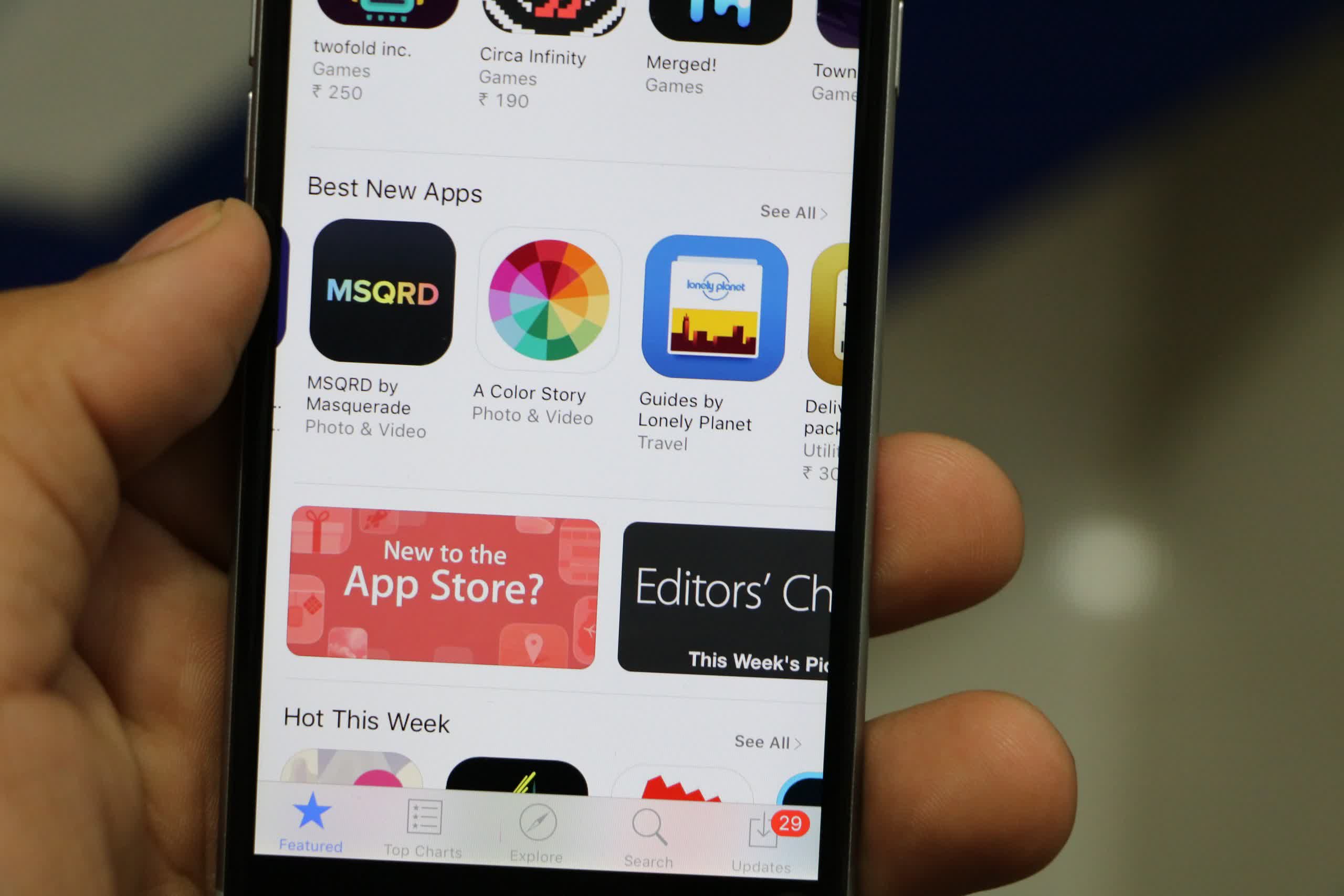In context: Even though Apple mostly triumphed against Epic's antitrust hearing, the court ordered it to begin allowing developers to add links to their external payment services if they have them. You can bet that those that don't will create them in an attempt to skirt App Store commissions which will threaten Apple's $64 billion per year cash cow.
Apple lost its bid to delay changing its rules on how developers handle off-platform payment systems. Currently, iOS apps are allowed to mention alternative payment websites but cannot link directly to them. However, at the conclusion of the Epic Games v. Apple Inc trial, Judge Yvonne Gonzalez Rogers ruled that the Cupertino powerhouse has to let developers add buttons that link to their external payment systems.
Rogers gave Apple until December 9 to comply with the ruling. Its lawyers argued it was not enough time to make the changes necessary to ensure a "safe" experience for its customers and developers. Judge Rogers disagreed, calling Apple's motion "fundamentally flawed."
"In short, Apple's motion is based on a selective reading of this Court's findings and ignores all of the findings which supported the injunction, namely incipient antitrust conduct including supercompetitive commission rates resulting in extraordinarily high operating margins and which have not been correlated to the value of its intellectual property," Rogers wrote. "This incipient antitrust conduct is the result, in part, of the antisteering policies which Apple has enforced to harm competition. As a consequence, the motion is fundamentally flawed."
The ruling was only one out of 10 charges Apple lost, but it was a big one. In 2020, the App Store grossed $64 billion in sales and subscriptions. Unsurprisingly, Apple wanted to stay the ruling until the appeals process played out, which it said could take a year or more. However, Judge Rogers said Apple is the only one that stands to benefit from a stay in the ruling and that the December 9 deadline is more than enough time for it to comply.
"The evidence from the trial revealed that the party who would benefit primarily from a stay pending all resolution of all appeals is Apple," the ruling states. "The Court can envision numerous avenues for Apple to comply with the injunction and yet take steps to protect users, to the extent that Apple genuinely believes that external links would create issues."
With the order's deadline looming, Apple will take up the matter with the United States Court of Appeals for the Ninth Circuit in San Francisco. Lawyers will likely ask for an emergency injunction on the order while the appellate hears the case.
